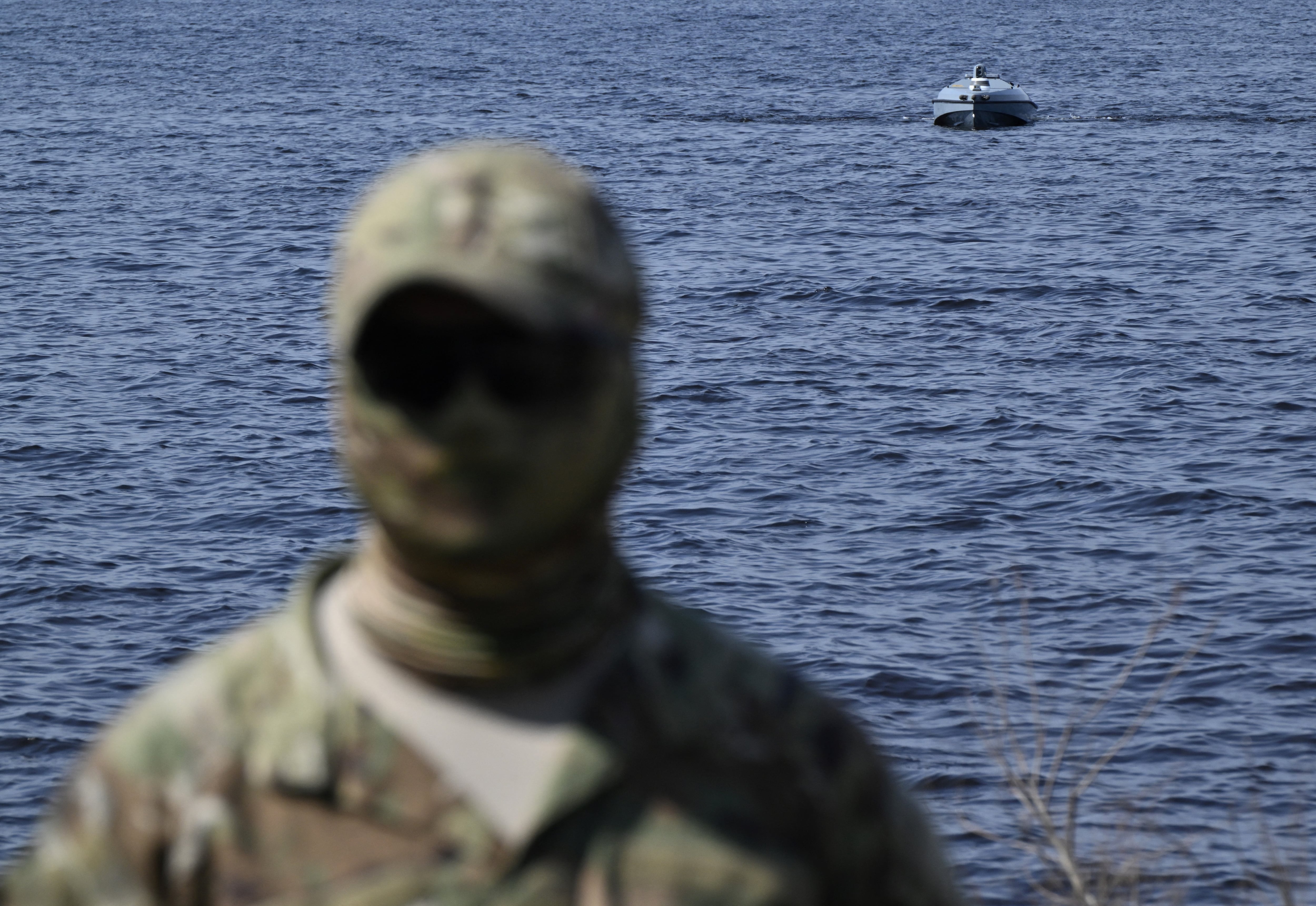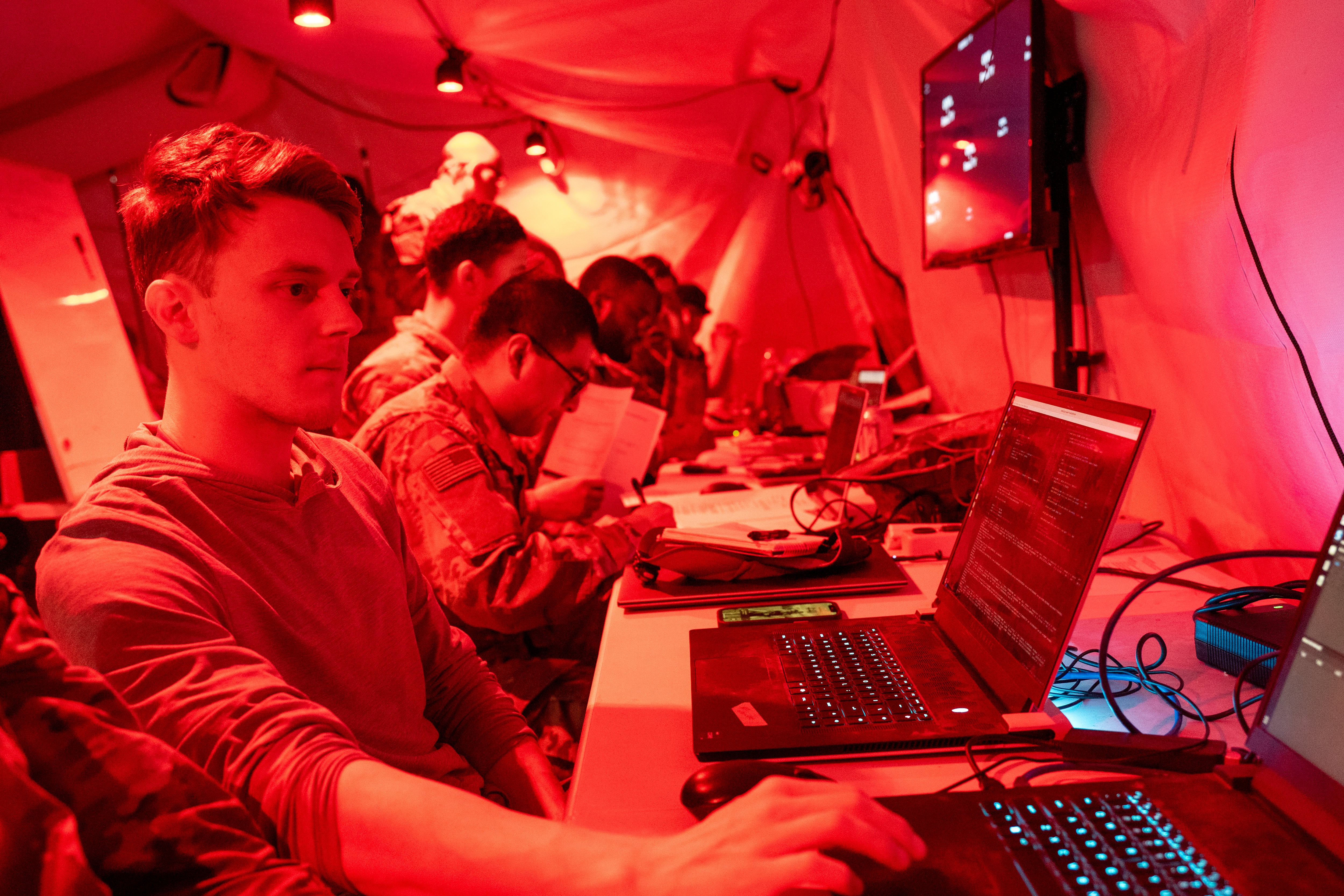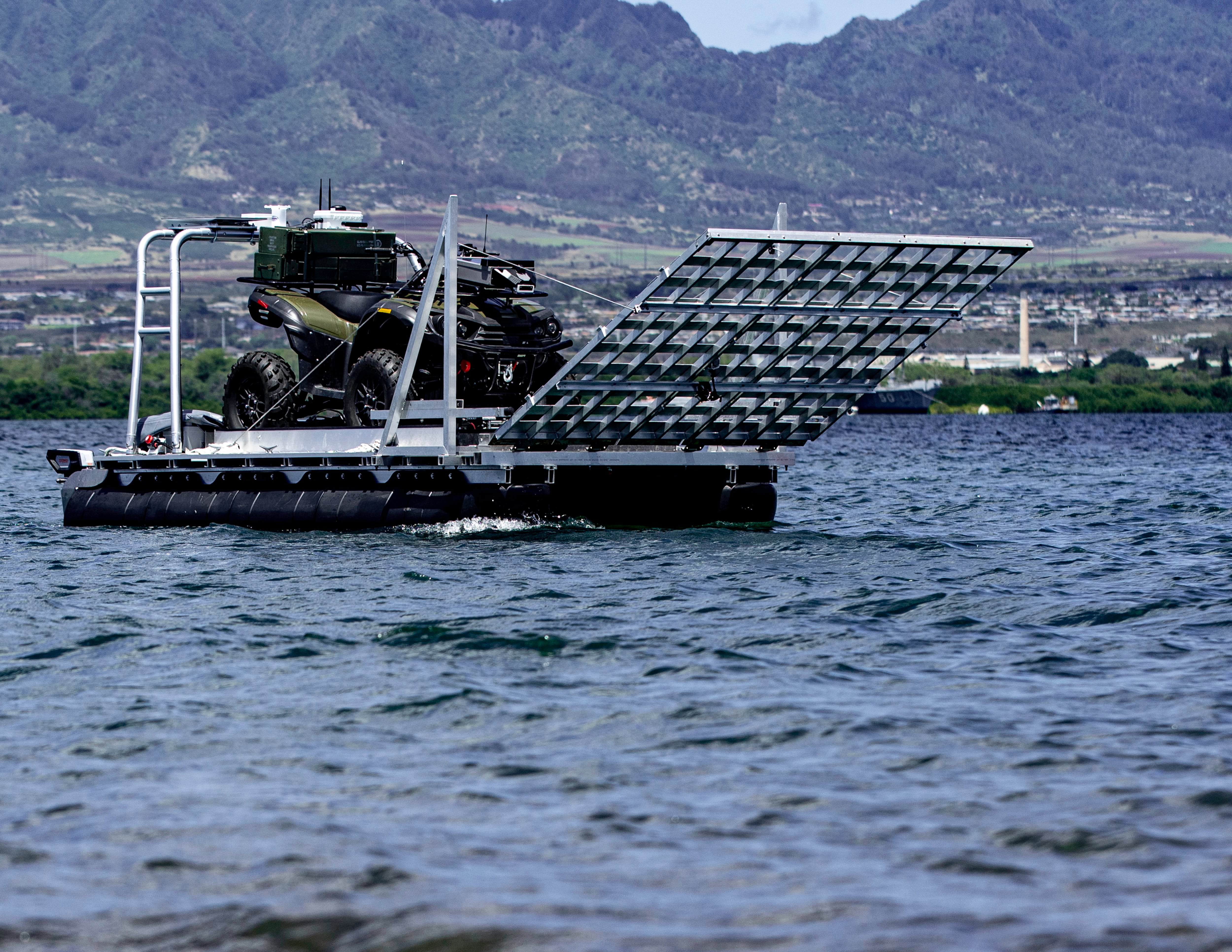WASHINGTON – NATO’s nations need to work to incorporate cyber training into their overall military strategy as opposed to treating it as a specialty, according to a top Estonian military official.
“The knowledge of cyber must be spread out into a larger, conventional force,” Col. Kaupo Rosin, Estonia’s chief of military intelligence, told Defense News during a recent visit here.
Rosin raised his concern that within Estonia, the military academies are not teaching cyber in that context. That’s part of a broader trend that has stretched across NATO’s members in which cyber is seen as a specialty and not part of an integrated, core curriculum.
Rosin would like to see younger officers learn about cyber techniques and policies at a more holistic level.
“The main point is how to conduct a military operation with a cyber line of operation inside of it. I’m not sure if we are there yet, really, in joint warfare concept,” he said. “I would definitely recommend, to start, to introduce that into military education very strongly. Otherwise it will work at the end, but [with] a lot of pain probably.”
Estonia is a heavily wired-in nation, which has witnessed both the benefits and dangers of cyber warfare firsthand. The country famously suffered from a major cyberattack in 2007, in what is seen as the first widespread digital attack on a sovereign nation.
In the fallout from that event, Estonia has invested heavily in cyber defenses, putting the nation in a better spot than many other NATO allies. As a result, Estonia is “very close” to being where it needs to be on military cyber education, Rosin said, but he worries about other allies reaching the same threshold.
“Everybody knows land and air and sea, but cyber is a thing that you cannot see,” Rosin said. “It can be huge force multiplier if you use it properly. But they have to be able to tie it in in operational planning ... The sooner we start to teach that to people, the better I think.”
Many military experts believe the first shot in any major conflict will come digitally. Rosin, for his part, would be fine with that situation, noting dryly that “we would appreciate if the first attack would be cyber, because cyber won’t occupy us. We can still survive.”
For the Estonian military, potential cyber attacks are standard procedure.
“Cyber activities are ongoing all the time. Russians are constantly testing something, trying to breach, scanning, so this is a constant activity that we are used to,” Rosin said. “It’s everyday life nowadays already. Our awareness is pretty good in that, and I think our capabilities are not bad with dealing with that problem.”
Aaron Mehta was deputy editor and senior Pentagon correspondent for Defense News, covering policy, strategy and acquisition at the highest levels of the Defense Department and its international partners.








